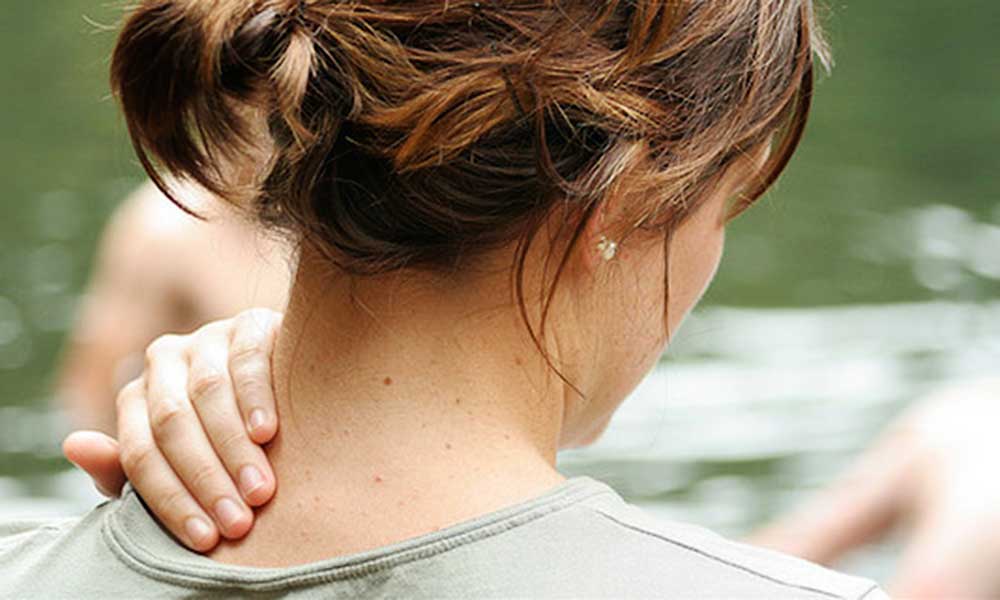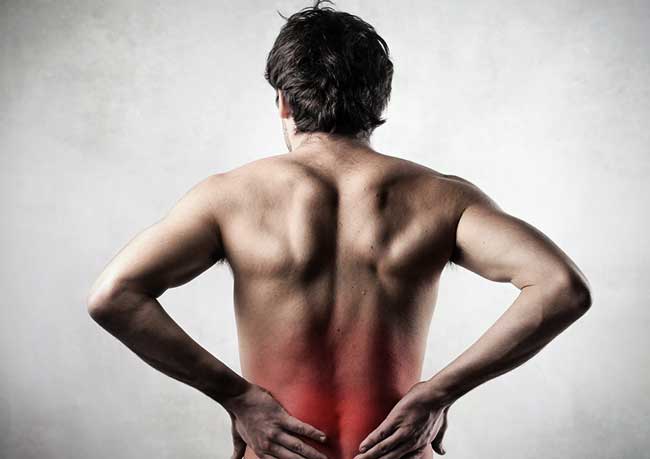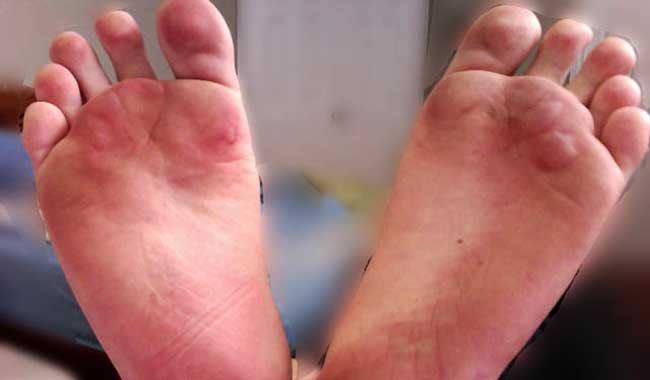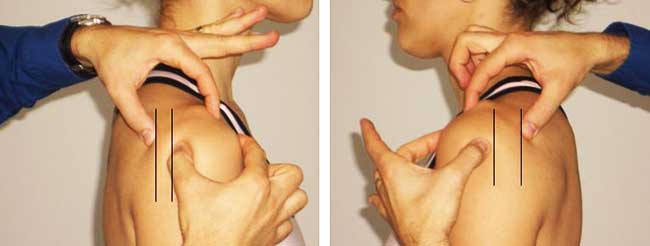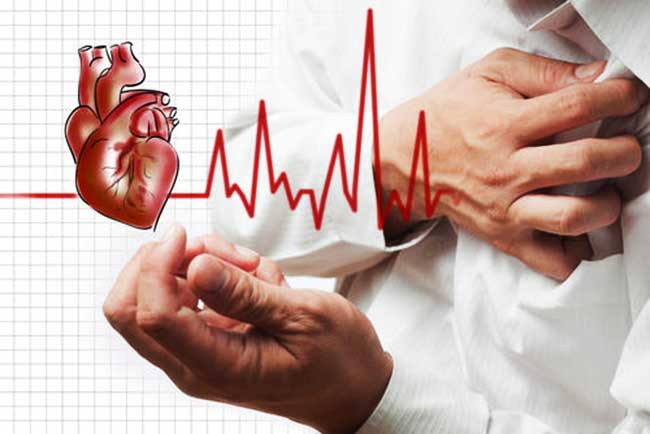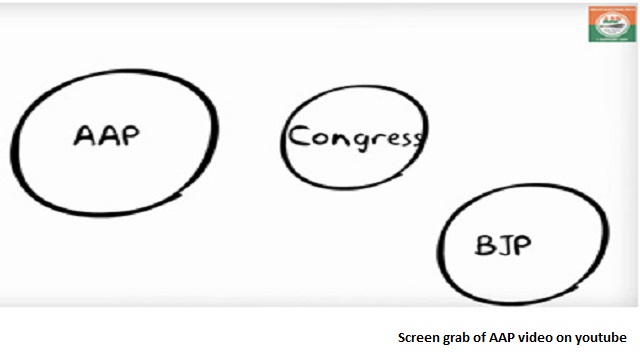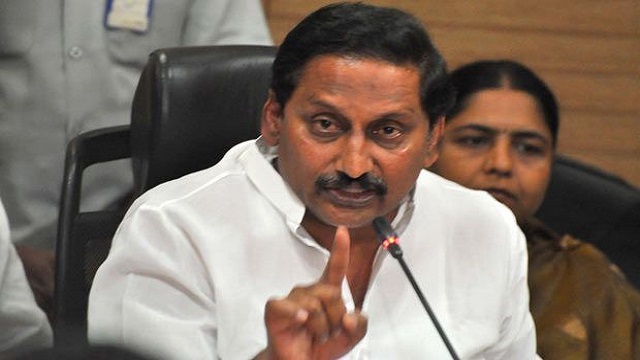We all need to exercise regularly. It surely helps to keep us fit, reduce excess weight, improve our metabolism, promotes good sleep and keep us happy and energized.
But, there is a common problem that all of us face while working out which we usually ignore thinking that it is bound to happen because of over exercise or doing so after a long gap. Well, it may not be the case. Sometimes, exercise can cause pain beyond normal soreness.
Here are a few nagging exercise pains that you need to identify immediately and have your doctor examine properly, before they become a serious issue.
Exercise Induced Asthma
This isn’t classical asthma. Instead, it’s a condition where burning lungs cause you to cough. This often happens during intense cardio workouts, while you are running on a treadmill or stepping fast on a cross-trainer, and it is a signal to slow down. Try varying your intensity; if you usually set your stationary bike’s resistance to 8, knock it down to 5 or 6 for a few miles. Be sure to warm up adequately and breathe deeply during workouts. If it continues, see your doctor and ask for a remedy.
Prolonged Muscle Soreness
You may feel great after a workout, and you usually wake up sore and tired the next morning. Doctors recommend that if you haven’t done much exercise before you should start light and work your way up. Stretch frequently, but do so after workouts. Some physicians believe pre-workout stretching can actually lead to more painful muscles, tearing, and straining. Also, don’t be tempted to skip the gym because you’re sore. Keep your body working so it gets used to the activity. Such pain usually starts to subside after a week, ten days or so. If the pain persists for more than 15-20 days, even after taking all the precautions, it’s time to see your physician.
Intense Foot Pain and Blisters
Sore feet, calluses, and blisters are a major problem for active people, especially those who walk frequently. But if the blisters become quite severe, see a doctor immediately. Keep your feet wrapped with gauze or bandages, and slather them with antibiotic ointments. If you find bruises on your feet or toenails, that can signal you’ve overdone your exercise. You may need to see a Podiatrist to get the nail removed. Do not delay lest it becomes a septic.
Aternate method to avoid foot pains and blisters is to exercise barefoot, whenever possible, to give your feet a room to breathe. If you feel pain in your foot bones or joints or the problem is chronic, consider seeing a Chiropodist. The Foot Clinic specialists and others like them can fit you with custom orthotics or orthopedic shoes as needed. They can also help you find low-impact activities that take the stress off feet, like yoga or Pilates.
Tightened and Stiff Muscles For long
Tight muscles make exercise difficult, especially for those who need more help than stretching. For example, some people with Cerebral Palsy have Hypertonic Muscles, so their range of motion is limited. This can also be true for people with Multiple Sclerosis, bone diseases and other conditions. Seek help from a physiotherapist or local podiatrist clinics. In addition to more stretching, they can recommend home remedies for tight muscles like warm baths or herbal supplements.
Excessive Heart Palpitations
Your heart rate while exercising should be no more than about 220 minus your age. Any higher and you experience Tachycardia. This can cause palpitations, dizziness, and nausea. If you experience any of this, stop exercising immediately, rest, and drink plenty of water. If this is becoming a regular issue while working out, you must see your doctor without a day of delay. Any minor condition with heart can be a cause of concern, which is seemingly harmless.
Exercise pain is often part of the package, but some pains and conditions should never be ignored. If you frequently experience any of these conditions, see a medical professional and be proactive about solutions.
Happy painless exercising to you!

